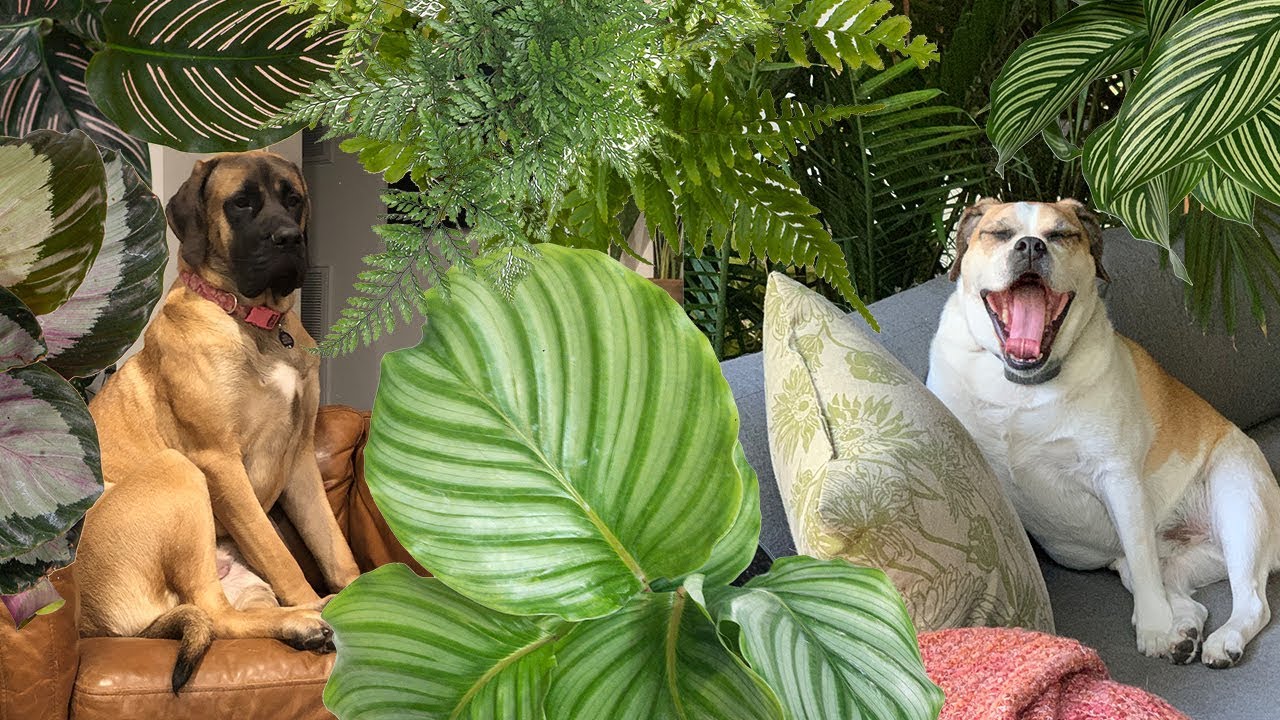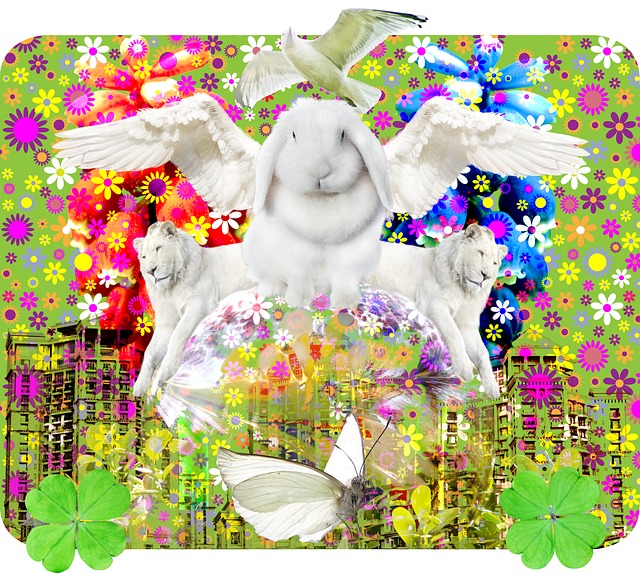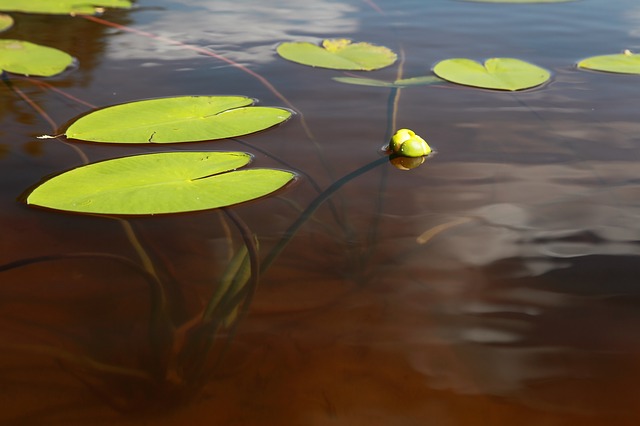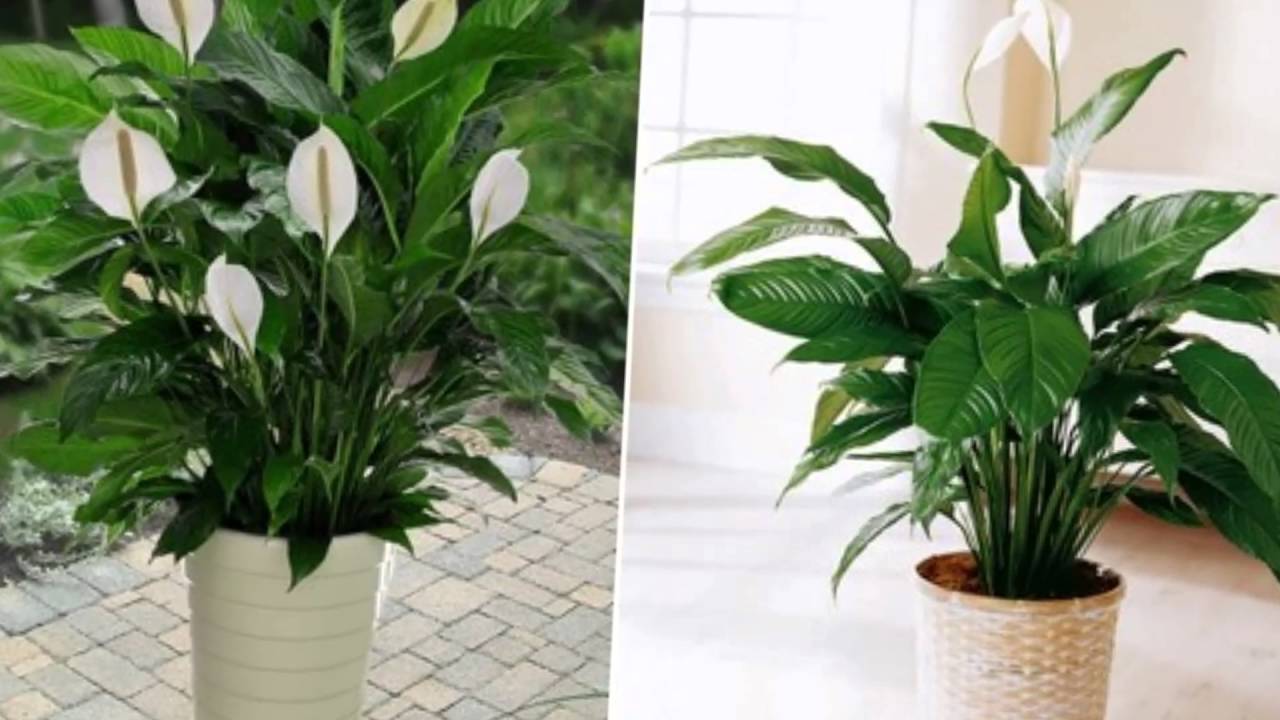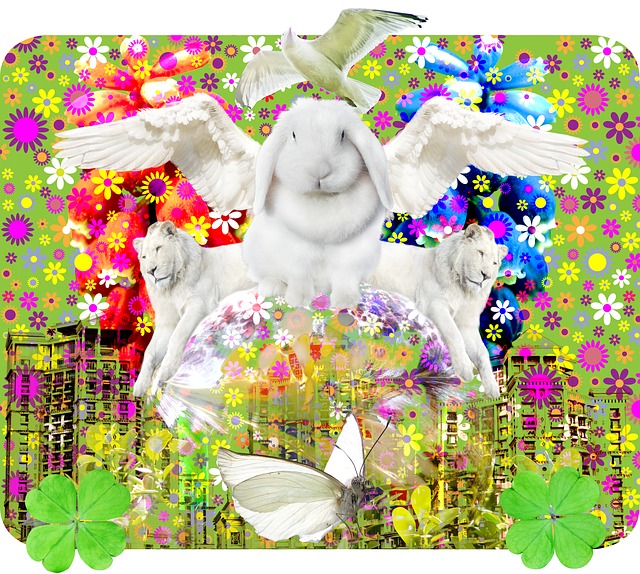When you think about it, there are literally hundreds of different types of house plants that can be used as a means of providing a safer environment for your cat. Many people do not realize that there are many plants that can actually be poisonous to cats if they are accidentally ingested by the feline. The bottom line is, the entire list of house plants safe for cats is very long, so you will never be limited in selecting a particular plant to place in your indoor surroundings.
Apart from listing down the actual plants that can be poisonous to cats, you will also receive some very useful tips on how to properly take care of these lovely plants. In addition to listing down the plants that are toxic to cats, you will also discover some very helpful pointers in deterring your pet from eating or chewing on these indoor plants. For example, aluminum plant flowers may look pretty and will attract a lot of attention from your pets, but these flowers can be extremely harmful to your kitty’s health. That is because these flowers contain nickel, which can make your pet extremely sick if ingested. In order to ensure that you do not feed your pet any of these types of flowers, you should place them under a large window, so that they get enough sunlight, and avoid direct exposure to sunlight when these flowers come out of their containers.
Air plants are yet another type of houseplant that can be detrimental to your pets if they consume them. In fact, if you have an indoor air plant, it is probably better for you not to use any kind of house plants in the room in which you want to keep your pets. The same holds true if you wish to place air plants in rooms that do not have sufficient sunlight. If the plants have a bulb inside, most felines will find them appetizing since the bulbs emit a bright light. You could possibly end up having a lot more house guests than you intended.
Ferns thrive in both hot and cold weather conditions. And, since ferns typically bloom during the spring, the flowers are usually ready for the season. And since most ferns can withstand temperatures as low as forty degrees Fahrenheit, you can put indoor plantain ferns in areas where they can easily thrive and bloom. This will give your feline friends a chance to greet you during the holidays, as well as giving your indoor plantain a chance to flourish during the year.
One of the first types of house plants safe for cats to eat is ficus. As a matter of fact, you will find that most cats prefer eating ficus leaves over most other types of leaves. The good thing about ficus is that it does not produce leaves that can cause digestive issues to your cat. This is especially beneficial because many cat owners have tried using houseplants ficus leaves to clean their kitty’s urine out of the carpet.
Houseplanted lavender is another one way to keep your cat happy. If your lavender flowers bloom, your feline will find it to be one of her favorites. But, since lavender is not very picky about what type of soil it lives in, there is no concern that it will over-grow. In fact, lavender is one of the easiest houseplants to maintain. As long as you water your lavender regularly, you should have no problem keeping your cat free of fleas and ticks.
When selecting which houseplants orchid you would like to bring into your home, you must make sure that it is not toxic to your cat. Since many orchids are known to attract butterflies, many cat enthusiasts like to place their butterflies in the orchid bed. However, some orchids, such as the begonias, will need lots of direct sunlight in order for them to grow. So, if you live in an area with a lot of sunlight available, it might be a good idea to place a houseplant by a window that gets plenty of natural sunlight during the day. Some of the more non-native houseplants orchids can also be toxic to cats, so it is best to avoid those altogether. Some of the more toxic species of orchids include the manzanita, Paphiopedilum, Squamata, and Stachys byzantina.
If you have decided to houseplant orchids, then you will want to ensure that you take care of them properly. Like any other type of plant, orchids need regular watering. You will also want to check your orchids periodically to make sure they are not drying out. If you are planning to hang baskets of flowers or just hang them, then you will also want to keep them away from direct sunlight and from getting wind. Be sure to remove your orchids entirely from the sunlight once they begin to show signs of drying out.

